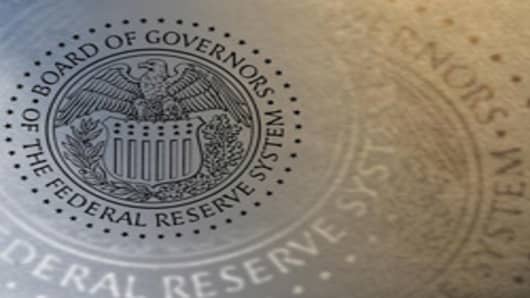Heard the one about the two economists and a lawyer? But, maybe the more apt question is, heard the one about three doves, or about two doves and a sometimes hawk?
It sounds like the beginning of a joke, but it’s actually what’s in store for the Federal Board of Governors when President Obama formally announces three people in those professions and with those ideologies to fill vacancies on the Fed.
The nominees' confirmations are subject to Senate approval.
Depending on how you look at it, nominee Janet Yellen, could be one of the doves, or a hawk. Yellen, the current San Francisco Fed president, who is slated to fill the vice-chairman slot that Donald Kohn is vacating, has been criticized for being a dove.


